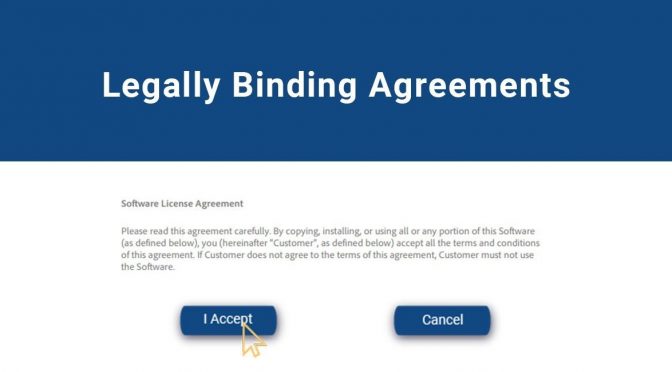Few of us make it through life without taking out a loan, especially when it comes to significant purchases such as a car or house. This means that, at some point, you are likely to need to familiarise yourself with the legal process of agreeing the terms of your loan, such as how much you will borrow and the repayment schedule. It is essential that you understand exactly what you are signing up for with one of these agreements.
What is a loan agreement?
Loan agreements are arrangemenat between two parties where one offers to lend money, and the other promises to repay it. Sometimes it is just a note between friends or family members. In other cases, such as when buying a house, it can be a long and complicated process requiring extensive documentation. Whatever form the agreement takes, it should set out all conditions of the loan.
Typical content for this kind of agreement includes the amount of the loan, the purpose of the funds, any collateral being offered, when and how it will be repaid, whether interest will be applied (and if so at what rate), potential late fees or penalties for default, and any other obligations for the borrower or the lender. It can be drawn up on your behalf by a firm such as https://www.parachutelaw.co.uk/loan-agreement Parachute Law to ensure that experienced solicitors oversee the work.
Advantages of loan agreements
Even close relationships can be easily damaged when unpaid debts are involved. A formal agreement enables both sides to set realistic expectations. It may reduce the likelihood of future disputes, particularly in loans between friends or family members. Having a formal document proves that a loan is a loan, not a gift, with important legal ramifications (including for tax purposes). Most of all, it provides protection in the event that one or both parties either cannot or will not meet their obligations under the loan. If matters relating to the loan have to be taken to court, it will enable the judge to make a fair and lawful decision.
The law
There is little purpose to loan agreements if they cannot be enforced. Lending to private individuals by businesses is subject to regulation in the UK. Any agreement must meet with all legal requirements in the jurisdiction to be enforceable in court. In some locations, mandatory arbitration has replaced court as the first (and sometimes only) method of resolving disputes.
Specific regulations may depend on the size and nature of the loan, or the rate of interest. In the United Kingdom, loans given to help with the purchase of a property may become a “Regulated Mortgage Contract” under the Financial Services and Markets Act 2000. Order 2001, Section 61 states:
(a) a “regulated mortgage contract” means a contract under which-
(i) a person (“the lender”) provides credit to an individual or to trustees (“the borrower”); and
(ii) the obligation of the borrower to repay is secured by a first legal mortgage on land (other than timeshare accommodation) in the United Kingdom, at least 40% of which is used, or is intended to be used, as or in connection with a dwelling by the borrower or (in the case of credit provided to trustees) by an individual who is a beneficiary of the trust, or by a related person.
Terms may vary between different loan agreements, but regardless of the people and conditions in involved, they are legally binding contracts. That means you need to negotiate terms carefully, read the contract thoroughly (preferably with the help of a solicitor), and ensure that you meet all of your obligations.


